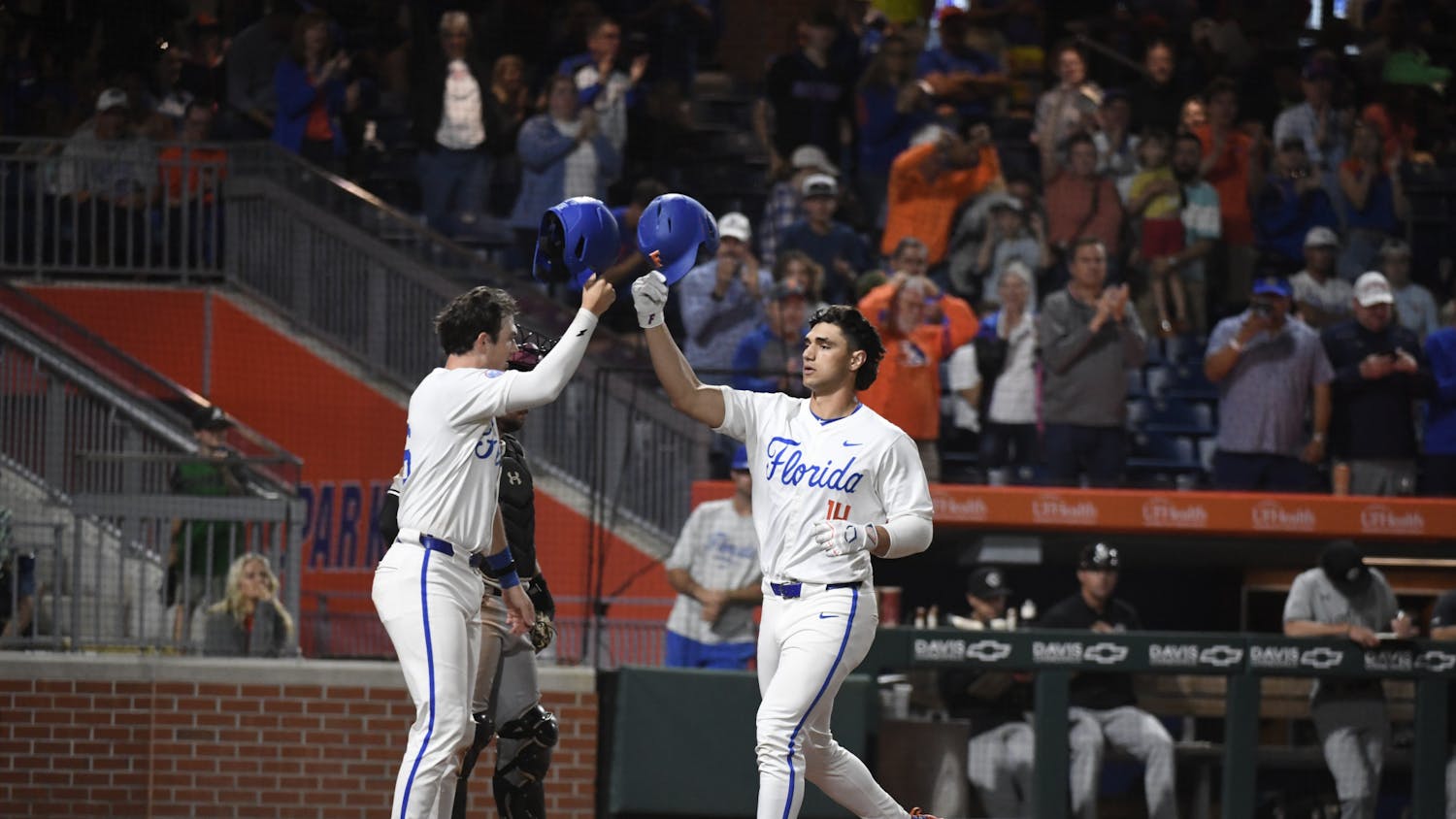Before I get into the column, there are two things I must preface: One, I’m writing this column two days in advance, so things may develop that I cannot predict; and two, I am by no means well-practiced in law. I merely did some research to satisfy my inquiries.
That being said, this column may present itself with some positions — as columns are known to do — but I’m mostly writing today for the solicitation of answers to my questions. Specifically, answers from anyone attending, teaching or who has graduated from the Levin College of Law or any law school for that matter.
Anyway, by 9:30 a.m. May 22, The Associated Press reported, “Former National Security Adviser Michael Flynn will invoke his Fifth Amendment protection against self-incrimination on Monday as he notifies the Senate Intelligence Committee that he will not comply with a subpoena seeking documents.” This update comes two weeks after the Senate Intelligence Committee declined to provide Flynn with the immunity against unfair prosecution he asked for in exchange for his testimony, according to The Hill. To my understanding and research, immunity against unfair prosecution allows Flynn to testify — and even say self-incriminating things — without the fear of criminal prosecution, since immunity is an agreement between the defendant, prosecutor and judge.
Legal experts expected this to happen, as Flynn providing documents without immunity would essentially be him waiving his own constitutional protections and possibly being self-incriminating. However, before I get into my questions, I’d like to explain some things to the best of my understanding, for the common reader who may not practice law yet is still interested or invested in these events.
Firstly, a subpoena is a court-ordered command of two kinds that is asking someone to do something. The first, a “subpoena ad testificandum,” is a command to testify before a court or legal authority. The second, a “subpoena duces tecum,” is a command to bring tangible evidence — documents, materials, etc. — to the court.
Secondly, self-incrimination, as stated by the Cornell Law School, is “the act of implicating oneself in a crime or exposing oneself to criminal prosecution” and may be the result of interrogation or given voluntarily.
Thirdly, the Fifth Amendment, which many know as “pleading the Fifth,” but it contains many clauses. It contains an explanation of grand juries, protects citizens against double jeopardy (being prosecuted for the same offense more than once), the protection against self-incrimination or pleading the Fifth, due process and just compensation for private property. The Fifth Amendment, or really the self-incrimination clause, was extended in Miranda v. Arizona, allowing one the right to remain silent, to an attorney present during questioning and to have a government-appointed attorney if one cannot afford a personal attorney. These are known as the Miranda rights, and they must be read to you in any situation when your personal freedoms are obstructed or restricted, most commonly when being arrested.
However, for what is relative to Flynn, the Fifth Amendment protects one from testifying or providing evidence in a situation that may elicit self-incrimination. This allowed Flynn to deny providing documents from the Senate Intelligence Committee’s subpoena.
What I want to know is, where does the Senate Intelligence Committee go from here? Since they cannot request the potentially self-incriminating documents from Flynn, is it possible that they can find another person with access to the documents and serve a subpoena to him or her? If this isn’t possible, then what? To me, an uneducated individual of law, it seems like Flynn cannot lose in this situation, and I may be suffering from a lack of objectiveness, but this whole situation seems way too fishy. Flynn requesting immunity seems like he may be hiding something that is incriminating.
I would greatly appreciate any reply.
James Hardison is a UF English sophomore. His column appears on Thursdays.





